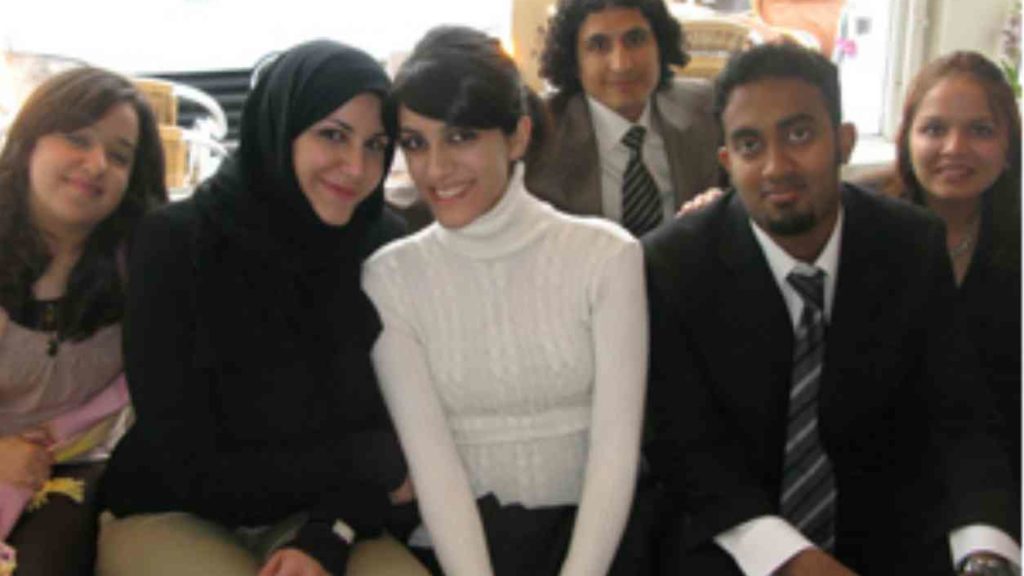SFS-Qatar Students Participate in the Model United Nations Simulation in The Hague

Ten SFS-Qatar students recently represented China, Myanmar, Poland and other countries at The European International Model United Nations Conference (TEIMUN) in The Hague, Netherlands. The students will use their skills to lead the fourth annual SFS-Qatar Model United Nations conference for high school students, in January 2009 in Doha.
Model United Nations is a student-run simulation of the United Nations, where students assume the roles of foreign diplomats to learn about international politics and diplomacy. It is an activity aimed at engaging students to debate current global issues and gain insight into the world of international politics and policy-making.
Mark Saliba (SFS ’09) was thrilled with the TEIMUN experience.
“I have made so many new friends from all around the world, and I believe I will be seeing quite a few of them in the very near future,” Saliba said.
“TEIMUN is a true networking center for students and young women and men engaged in the international social and political world.”This year’s event is the 21st annual TEIMUN conference, making it one of the oldest MUN conferences in Europe. The theme for this year’s TEIMUN conference was “Striving for Sustainable Globalization.”
Georgetown students represented ambassadors of China, the United States, Ecuador, Myanmar, Poland, Mexico, the Philippines, and Iceland in committees as diverse as the UN Security Council, the Human Rights Committee, NATO, and the UN General Assembly.
Prior to the conference, participating students were required to research the country they were assigned to represent at the conference, along with specific topics related to the student’s committee at the conference.
During the conference, students often found themselves the center of debate and were forced to make difficult decisions.
“I now know how hard it is for a country to veto a resolution and also how necessary it is sometimes,” said Kawthar Ahen (SFS ’11), after her experience representing the USA in the Security Council with colleague Mariam Rowhani (SFS ’11).
In addition to providing students with a practical application of diplomacy, MUN exercises help students develop their leadership and decision-making skills.
“I met lots of students in Model UN who didn’t even want to study politics; people do it to learn how to represent larger entities and make decisions under pressure. That’s something everyone deals with everyday, not just politicians,” Ahen said.
The TEIMUN training experience was sponsored by the Center for International and Regional Studies and the Office of Student Affairs. The International Relations Club, an SFS-Qatar student club, was also involved in the selection of the conference and in planning the logistics of the event.
“The conference in The Hague provided an excellent opportunity for our students to interact with their European peers,” said Patrick Brennan, Director of Student Affairs.
“They rose to the challenges presented to them in their committee assignments and have brought back ideas for making our own MUN conference this January even stronger,” he said.
In January, SFS-Qatar will host approximately 350 students from around the world for four days of debate on topics such as the separation wall between Israel and Palestine, the scramble for the Arctic, poverty and immigration in the Middle East, and the situation in Chechnya.
The 2009 SFS-Qatar conference will be held from January 29th to February 1st at the Doha Marriott Hotel.